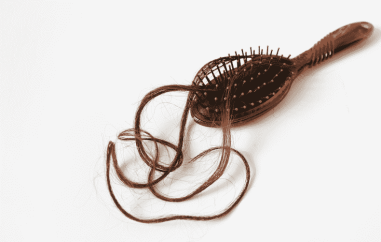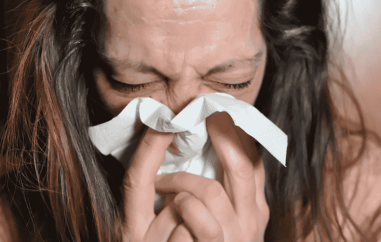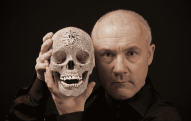Hair Loss: Causes, Treatments, and Hope for Regrowth
 Hair loss, medically known as alopecia, is a common condition that affects millions of people worldwide, irrespective of age, gender, or ethnicity. While often perceived as a cosmetic issue, hair loss can have profound psychological and emotional impacts on individuals, impacting self-esteem and quality of life. This article explores the multifaceted nature of hair loss, shedding light on its causes, available treatments, and emerging strategies for regrowth.
Hair loss, medically known as alopecia, is a common condition that affects millions of people worldwide, irrespective of age, gender, or ethnicity. While often perceived as a cosmetic issue, hair loss can have profound psychological and emotional impacts on individuals, impacting self-esteem and quality of life. This article explores the multifaceted nature of hair loss, shedding light on its causes, available treatments, and emerging strategies for regrowth.
Hair loss can manifest in various forms, ranging from gradual thinning to sudden and extensive shedding. The most common type of hair loss is androgenetic alopecia, also known as male-pattern or female-pattern baldness, which is primarily driven by genetics and hormonal factors. Other types of alopecia include alopecia areata, characterized by patchy hair loss, and telogen effluvium, resulting from stress, illness, or hormonal changes.
Hair loss can be attributed to a myriad of factors, including genetics, hormonal imbalances, autoimmune disorders, medical conditions, and lifestyle factors. In androgenetic alopecia, the hormone dihydrotestosterone (DHT) plays a key role in shrinking hair follicles, leading to progressively thinner and shorter hair strands. Additionally, certain medications, nutritional deficiencies, excessive styling, and traumatic events can contribute to hair loss.
The treatment options for hair loss vary depending on the underlying cause and severity of the condition. For androgenetic alopecia, medications such as minoxidil and finasteride are commonly prescribed to promote hair growth and inhibit further loss. These medications work by stimulating hair follicles and blocking the conversion of testosterone to DHT, respectively. However, they may not be effective for everyone and require long-term use to maintain results.
In cases of alopecia areata, corticosteroid injections, topical immunotherapy, and oral medications may be recommended to suppress the immune response and encourage hair regrowth. For telogen effluvium, addressing the underlying trigger, such as stress or nutritional deficiencies, is essential for resolving the condition and restoring normal hair growth.
In recent years, advancements in medical technology and research have led to the development of innovative therapies for hair regrowth. Platelet-rich plasma (PRP) therapy, which involves injecting concentrated platelets from the patient's own blood into the scalp, has shown promise in stimulating hair follicles and promoting new hair growth. Similarly, low-level laser therapy (LLLT) has been shown to improve hair density and thickness by increasing blood flow to the scalp and stimulating cellular activity.
Furthermore, regenerative medicine approaches, such as stem cell therapy and hair follicle transplantation, hold potential for restoring lost hair and reversing the effects of hair loss. These techniques involve harvesting stem cells or hair follicles from the patient's body and transplanting them into areas of thinning or baldness, with the aim of regenerating healthy hair follicles and promoting natural hair growth.
Beyond the physical manifestations, hair loss can have significant psychological and emotional repercussions, impacting self-image, confidence, and overall well-being. Therefore, it is essential to address the psychosocial aspects of hair loss through counseling, support groups, and holistic approaches to self-care. By fostering a supportive and empathetic environment, individuals experiencing hair loss can navigate their journey with greater resilience and empowerment.
Hair loss is a multifaceted condition with diverse causes and treatment options. While managing hair loss can be challenging, advances in medical science offer hope for effective interventions and regrowth strategies. By understanding the underlying mechanisms of hair loss, tailoring treatment plans to individual needs, and addressing the psychological impact of the condition, we can empower individuals to embrace their hair loss journey with confidence and optimism.
Image by Phimchanok Srisuriyamart from Pixabay









































